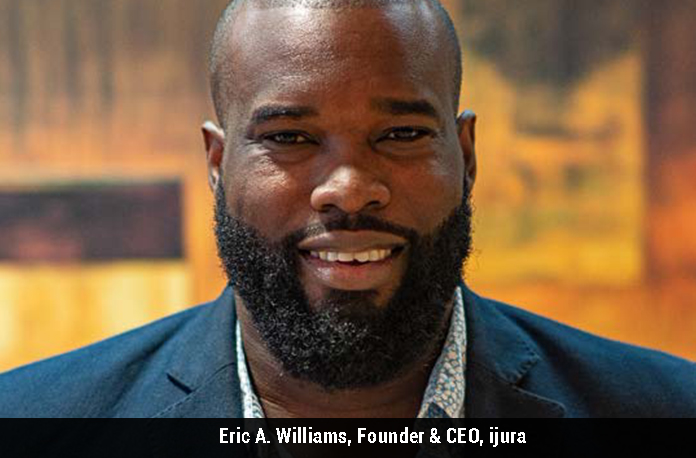There was a time, not that long ago, when even the most passionate soccer fans across the world would not be able to tell you who the owner of their club was. Star players have always been the focal point for teams – and it was they who received the most attention from the media and the public alike.
But as the game of soccer has changed in the last few decades, so has the way fans interact with their clubs. Everyone involved in a club is criticized or cheered for the job they do, on and off the pitch. That includes the CEOs and the chairmen and women who make the, mostly, non-soccer decisions.
These CEOs may not see their names mentioned in the media or on the sports betting sites, but their actions can be very important for the clubs they represent – and that is why the fans feel that they have the right to express their views. From local business owners to global business leaders, the ownership of soccer clubs has changed over the years – and continues to evolve.
Global Business
The money involved in soccer these days, thanks largely to multi-billion dollar broadcasting deals, has changed the ownership models of clubs. No longer are local wealthy business leaders buying local clubs. It is more likely that multi-national businesses that are making the purchases.
This move has seen a number of CEOs taking over soccer clubs in, what to them, are foreign lands. With so much money in the game, there are not always enough wealthy people able to buy clubs in their own country. A multi-club approach has also become popular, where a company will own a number of clubs across the world.
Political Power
One of the more controversial trends in soccer in the last few years has been the increasing number of ownership deals that have been linked to sovereign states rather than individuals. It is not always clear where the ownership lies but the accusations of sportswashing have been common.
It is easy to understand why a political group or representatives of a nation would want to be linked to a successful soccer club in some of the most popular leagues in the world. But this changing face of CEOs in soccer is bringing a contentious issue to both the front and back pages of newspapers.
CEOs Changing Soccer Culture
These new style CEOs and owners are changing the way soccer is run – and upping the ante when it comes to financial deals. But there are also some CEOs looking to change the culture at the other end of the spectrum. In less popular leagues, where there is not as much money involved, there is the chance for owners to change the entire culture.
A good example of this is the owners of Sporting Lagos in Nigeria. With money from a tech company, the owners are bringing a startup mentality to soccer, in a country where government involvement in clubs is common. With not as much money to be made, the basis for involvement seems more altruistic. But there is still a potential for making money by discovering young players and selling them on to bigger clubs in bigger leagues.
Women’s Soccer
The last few years have seen a shift in the consumption of soccer – and the media portrayal of the sport. For decades, soccer was like a men’s club, with little female influence or representation. But the women’s game has attracted much more attention recently, with this year’s Women’s World Cup set to be the biggest yet.
But for all the gains made with women’s soccer, there is still a lack of representation at the ownership level. Things are changing gradually though. Angel City is one club that is bucking the trend, with an all-female ownership model, backed by all-female investors. Angel City is a women’s club that plays in the NWSL. But such a high-profile change in the way things have been done before may well inspire more clubs to follow Angel City’s lead.
Issues for Soccer CEOs
Business owners are not always well-liked, no matter how successful they are. But soccer CEOs have to face criticism for their actions that those in other industries will never have to. That is because soccer has a very traditional fan base in many countries – and the sport has been seen as separate to business in years gone by.
A CEO coming into a club may have the best intentions of making it more successful. But even just openly treating a club as a business will not go down well with large sections of the supporters. It is a tough balancing act for CEOs to deal with. Their job is to make the club a more financially successful operation, but fans will be upset if the actions on the field are seen as of secondary importance.

Broadcasting Rights
A familiar theme running through all of the changes for soccer CEOs and owners is the money involved in the game. Even at the lower levels, there is more money than ever before – and clubs at the top have other wealthier owners to compete with. This doesn’t seem to be changing any time soon.
Sponsorship used to be the main income generator – and it is still an important part of any club’s or CEO’s success. But it is the broadcasting rights where the real money is made. Top leagues, like the EPL, can claim $3 billion as the cost of being able to broadcast games – and that means that CEOs have to be much more attuned to the media side of things than they ever were in the past.
The Changing Face of Soccer
With more money flowing into the game, soccer has become a magnet for CEOs and owners wanting a slice of the action. As long as the situation stays the same, it is likely that more of the biggest clubs will be acquired in the name of nations rather than of individual owners.
But there will still be the need for CEOs who are able to balance the economic needs and targets of the clubs – and the more traditional soccer ideals of the fans. Many have tried and failed to bridge the gap. But, when there is so much money for the clubs to make, there will always be plenty of people willing to step up and give it a go.










